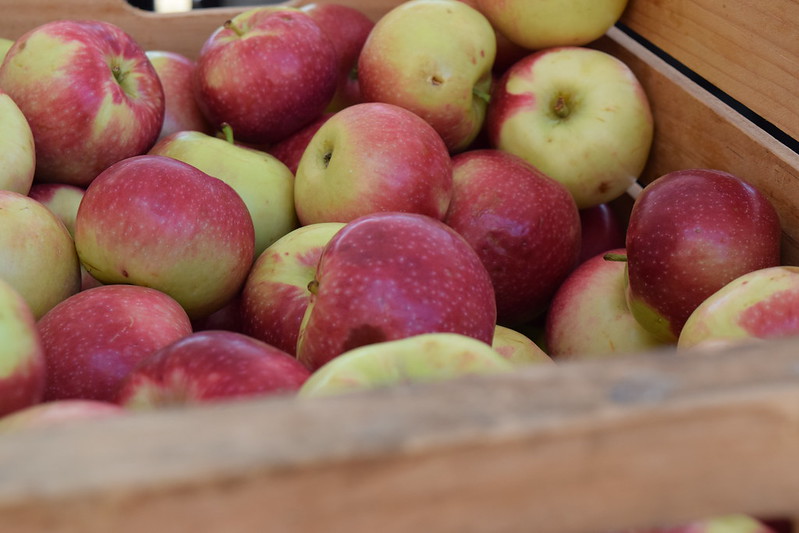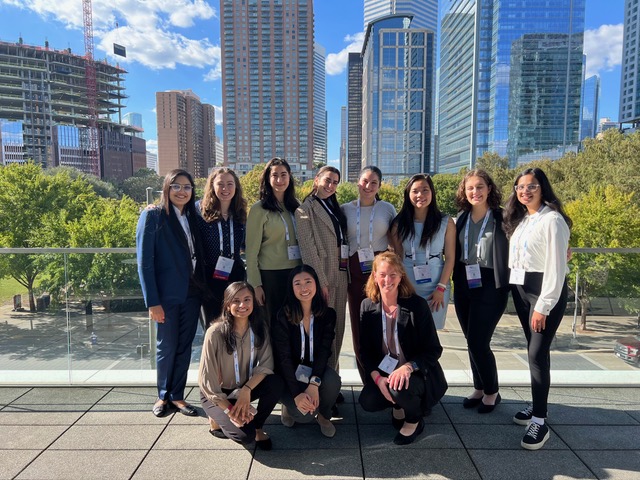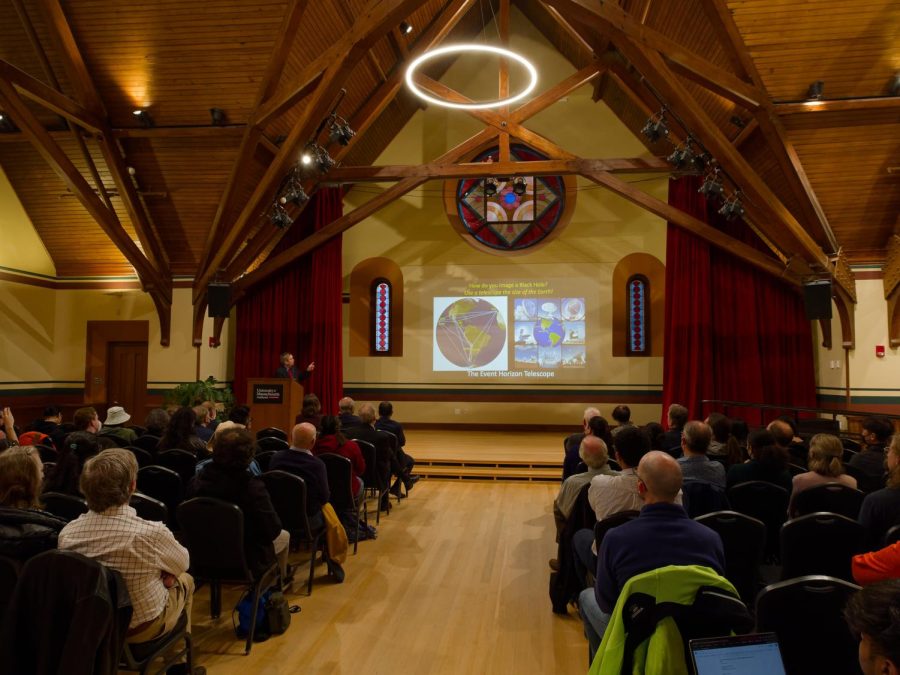
Author, activist and journalist Wen Stephenson met students and faculty at the University of Massachusetts Amherst on Thursday to discuss both the environmental and emotional effects of global climate change. The event was organized by Talking Truth: Finding Your Voice around the Climate Crisis, a newly developed group initiated in the fall of 2015, and was held in the W.E.B. Du Bois Library
Stephenson’s focus was to raise awareness of the severity of global climate change and its impact on human beings through both spiritual reflection and societal and political analysis. Stephenson stressed the dire situation the earth is in due to political neglect and unwillingness to transform stagnant ways of thinking.
“It’s too late to prevent climate crisis; we’re in it. If we don’t take radical steps to transform our energy system… and conduct a society-wide mobilization, our children will inherit an inhospitable planet,” he said.
Stephenson stated that politicians and fossil fuel industries continue to exploit natural resources and the people who live around them to stay in power. Despite scientific evidence and regard for human safety, “politics and fossil fuel industry deny the science. These are crimes against humanity,” he said. The activist drew parallels between the moral, spiritual and political metamorphosis of society due to the influence of Martin Luther King Jr., saying such a transformation is necessary now. Stephenson stated that “there’s a spiritual crisis at the heart of the climate crisis,” adding that “systemic crisis requires systemic response.”
According to Stephenson, the propelling factor that will lead to community cooperation and human unification is a radical social movement, similar to that of the civil rights movement. He said a crusade of moral and spiritual enlightenment is the one action that transform our energy system… and conduct a society-wide mobilization, our children will inherit an inhospitable planet,” he said.
Stephenson stated that politicians and fossil fuel industries continue to exploit natural resources and the people who live around them to stay in power. Despite scientific evidence and regard for human safety, “politics and fossil fuel industry deny the science. These are crimes against humanity,” he said. The activist drew parallels between the moral, spiritual and political metamorphosis of society due to the influence of Martin Luther King Jr., saying such a transformation is necessary now. Stephenson stated that “there’s a spiritual crisis at the heart of the climate crisis,” adding that “systemic crisis requires systemic response.”
According to Stephenson, the propelling factor that will lead to community cooperation and human unification is a radical social movement, similar to that of the civil rights movement. He said a crusade of moral and spiritual enlightenment is the one action that will give hope to our battered world, and “our struggles for social justice and human rights matter now more than ever.”
“Unconditional love for all of mankind becomes an absolute necessity for its survival,” he said. “If there is any hope of solidarity, then climate justice must be defined to incorporate and include everybody.” Stephenson said part of the influence for his ideas was from Martin Luther King Jr., who strived for economic and racial justice, because the majority of those struck hardest by the impacts of climate change are people of color.
The discussion concluded on a hopeful note as Stephenson said “faith and hope and love are as real as the science.”
The message of Stephenson’s interactive lecture coincided with the way in which it was run. The event opened with the Kris Nelson, from the UMass office of civic engagement and service-learning, who aimed to engage the minds and spirits of the attendees through self-reflection.
Talking Truth associates with all other on-campus clubs and organizations that focus on the issue of climate change, including the Climateers and Divest UMass. All of Talking Truth’s events relate to addressing the climate crisis and generating conversation, including weekly climate change-focused meditations and film showings.
Fletcher explained the significance of climate change, describing it as the “largest, most dire challenge facing the human population. We all need to engage and address the problem.”
Senior sociology major Elizabeth Webb expressed her take-away from the discussion saying she thought the discussion went well.
“It was definitely very powerful…I didn’t really know what to expect but it was definitely something that I feel like I’m going to take into my daily life,” she said.
This event was the second in the series of climate change discussions hosted by UMass Amherst Libraries and organized by Talking Truth.
Julia Riordan can be reached at [email protected].



















Michael Bollinger • Oct 3, 2016 at 11:15 am
This is more of the “sky is falling” attempts to lead us to pay carbon taxes to places that produce less carbon, with our elected leaders and other “investors” making billions and changing nothing. In short, what the speaker and the writer espouse is madness.